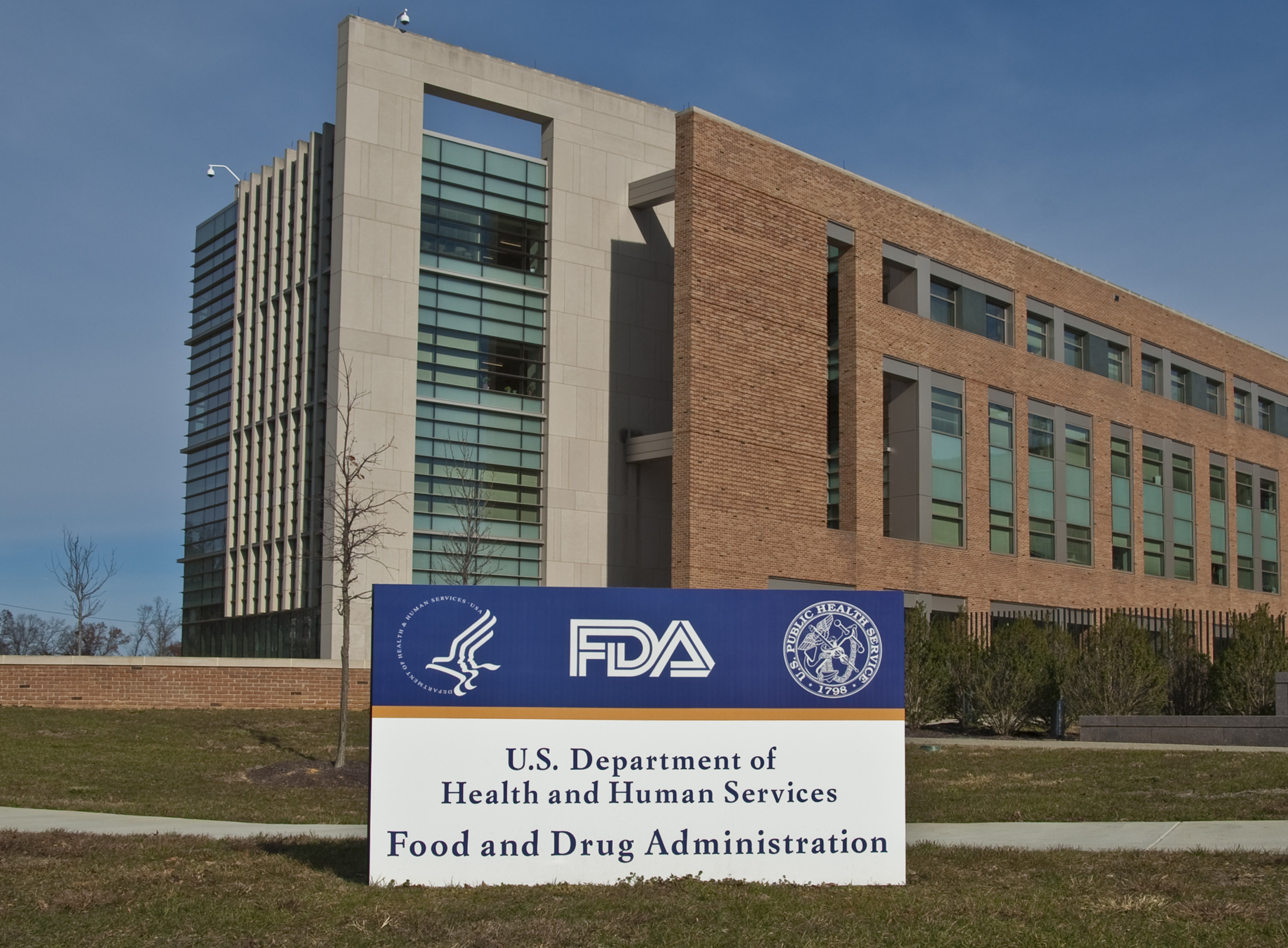On June 7, 2021, the Food and Drug Administration (FDA) approved
a novel Alzheimer’s treatment called aducanumab, known by its brand name,
Aduhelm. The drug was licensed by Biogen Inc. in 2007 and is the first
Alzheimer’s drug approved in 18 years. Yet, the FDA’s decision to grant Aduhelm
accelerated approval quickly stirred up controversy.
Greenwall Faculty Scholars and Alums have been front and
center on this issue, advocating for critical thinking around this drug and its
potential impact on the more than six million Americans suffering from Alzheimer’s
disease. On social media, in recent publications, and breaking news, Greenwall’s
experts are lending their scholarship and voices to urgent discussions about
this treatment and whether approving it was the right thing to do.
Questions arise about the FDA’s decision-making process
Greenwall Faculty Scholar Alum, Aaron
Kesselheim, MD, JD, a leading regulatory expert and member of FDA’s independent
advisory committee for aducanumab, strongly disagreed with the FDA’s decision
to approve the drug. Dr. Kesselheim resigned
from the committee soon after the FDA announced it would approve Aduhelm, calling
the FDA’s action “probably the worst drug approval decision in recent U.S.
history.”
Days after resigning, Dr. Kesselheim and fellow Professor of
Medicine at Harvard Medical School, Jerry Avorn, MD, published an op-ed
arguing the agency had reached “a new low” and has “progressively lowered its
standards of effectiveness and safety required for drug approvals.”
For example, the drug’s Phase IV confirmatory trial will
take nearly a decade to complete, a timeline Greenwall Faculty Scholars Program
Committee Chair and Alum Jason
Karlawish, MD and G. Caleb Alexander, MD, argued was “unacceptably
long” when the stakes for patients are so high.
Experts have also questioned the FDA’s decision-making
process, and the impact it may have on the future of Alzheimer’s drugs. Dr.
Karlawish and Joshua D. Grill, PhD, said the decision
to grant Aduhelm accelerated approval “disregarded key aspects of scientific
process and risks eroding public trust in research, regulatory science and the
FDA.”
But FDA leaders asserted
the decision to approve Aduhelm was justified, as patients facing this
devastating disease are desperate for treatments. Greenwall Faculty Scholars
and Alums, Emily
A. Largent, JD, PhD, RN, Andrew
Peterson, PhD, and Holly
Fernandez Lynch, JD, said
that there’s a balance to be found between patient voices and drug safety. “If [the]
FDA short-circuits the review process – granting approval earlier and earlier
on weaker and weaker evidence – we’ll end up trading good drugs in the future
for weak drugs now,” they argue.
Pushback Sparks Congressional Investigation and FDA
Review
Since June, there has been a cascade of developments marking
Aduhelm as one of the FDA’s most controversial approvals. At $56,000 per year,
the price tag of the drug has raised eyebrows. And there are safety questions.
Aduhelm must be given as a monthly intravenous infusion, and treatment requires
regular MRI scans to monitor for possible brain swelling it could cause.
Following the backlash from
patients, providers, and experts, a Congressional investigation
of the approval and pricing of Aduhelm was initiated by Rep. Carolyn Maloney
and Rep. Frank Pallone, Jr. “We have serious concerns about the steep price of
Biogen’s new Alzheimer’s drug Aduhelm and the process that led to its approval
despite questions about the drug’s clinical benefit.”
In July, the FDA began to delve into its decision to grant
Aduhelm accelerated approval, and updated
its guidance to restrict drug use to the population studied in clinical trials
– patients with mild memory or cognitive problems. The recommendation reverses
the agency’s initial decision to make the drug available to all Alzheimer’s
patients, but Prof. Peterson described
how changes in labeling could further complicate things for clinicians. “[They]
will now have to have difficult conversations about risks and may feel
ethically torn about whether they should prescribe,” he said. One day later,
acting FDA commissioner Janet Woodcock requested
that the Office of Inspector General conduct an independent investigation into
the regulator’s decision to approve the drug.
The future of Aduhelm and the FDA in flux
By September 2021, just
over 100 patients had been treated with Aduhelm —a sharp contrast to
Biogen’s prediction that thousands of patients would soon be using the drug. At
the end of December, as the Centers for Medicare and Medicaid Services (CMS)
were considering the possibility of coverage for Aduhelm, Biogen announced
it would cut the price of Aduhelm in half. Effective January 1, 2022, the cost
of Aduhelm would drop from $56,000 a year to $28,200. The company said it hoped
the price cut would expand access to the drug.
On January 11, 2022, CMS released a preliminary
decision about coverage for Aduhelm, stating that the agency would only
provide coverage for Aduhelm and similar drugs for people enrolled in
qualifying clinical trials. Many experts, including Prof.
Fernandez Lynch and Dr.
Karlawish, expressed that CMS made an
appropriate decision.
Regardless of how the controversy shakes out, the FDA’s
decision to grant Aduhelm accelerated approval will impact the agency’s
decision-making as well as patients and caregivers affected by Alzheimer’s for
years to come.
With rigorous scholarship and vigilant attention to this
issue, Greenwall Faculty Scholars continue to shine a light on profound moral
and ethical issues surrounding Aduhelm. Follow more work and commentary from
our Greenwall Faculty Scholars on this and other issues on our blog and visit us on Twitter for updates on this
developing story.
